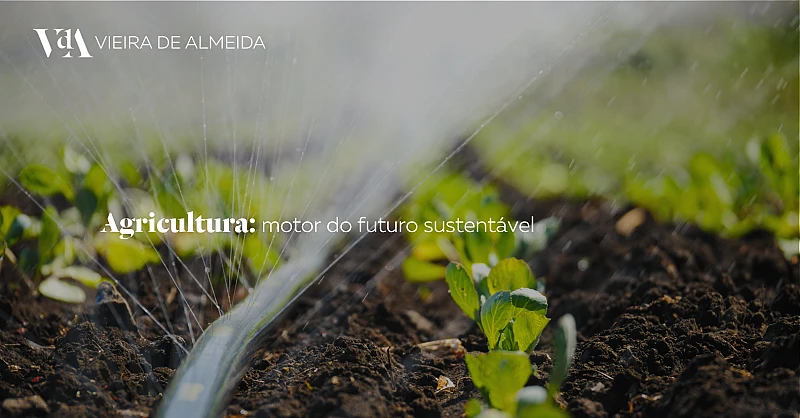The Agroindustry - agriculture, agri-food, and agroforestry - has valid and innovative solutions for most global challenges. From the climate crisis to the food emergency, the industry has the potential to emerge as a major economic and social development player, committed to innovation and R&D, to the digitalization of the industry, to energy transition, and to ESG (Environmental, Social, and Governance) dynamics, which combine transformation with tradition, economy with environment, and respect for human and labour rights, following an integrated sustainability logic.
The dire crises that hit Portugal and the world in the last decades, from the 2008 financial crisis to the 2020 pandemic, show that the agroindustry is resilient and able to grow, providing timely and quality solutions. The war in Europe and rising inflation add to the challenges and demands.
This industry understands climate contingencies well and is particularly sensitive to help resolve them, using tools that almost no other industry has. Farmers and their businesses are true caretakers of the land and underpin the provision of many ecosystem services. Permanent crops, farms, different silvopastoral systems, soil preservation practices, well managed forest stands, are undeniable carbon sinks whose role we recognize and value. Achieving carbon neutrality by 2050 can and should meaningfully rely on the agroindustry.
Moreover, in a more populated world, with projections of 9 to 10 billion people in 2050, the increasingly sophisticated, innovative, and technological agroindustry holds the key to feeding the growing population safely, with quality and sustainability. The agri-food component faces enormous challenges, such as meeting new consumption trends and anticipating solutions for growing food needs, while at the same time having to become increasingly financially and economically sustainable, and within a complex and stringent regulatory framework at that.
VdA understands and knows the industry, is aware of its importance and values its contribution to the world. These reasons led us to double down on our commitment to provide support legal services to the agroindustry. We have in-depth knowledge of EU legislative trends, which are in tandem with the European Climate Pact, the Farm to Fork Strategy, the Biodiversity Strategy, and the ever-evolving Common Agricultural Policy. We are abreast of the goals and commitments defined for the industry, including regarding organic agriculture, the sustainable use of pesticides, animal welfare, and many others. We are aware of the broader trends that will also affect the industry, such as the recent draft mandatory human rights and environmental due diligence directive. We know how dynamic the European Taxonomy is, which for now only covers forestry but will tend to broaden its scope.
We therefore invite you to a day of celebration and discussion regarding the role of the agroindustry in two key topics - (i) the climate challenge and (ii) the food emergency and new consumption trends - which will be moderated, respectively, by Assunção Cristas, head of the environment practice area and the integrated ESG services platform, and Catarina Pinto Correia, partner in the Public Law and Agroindustry practice area.
